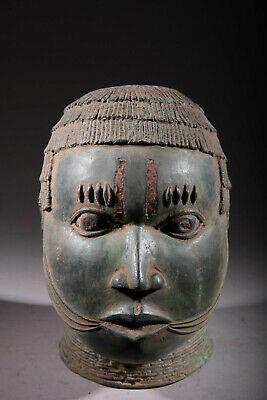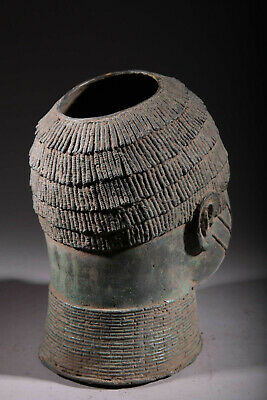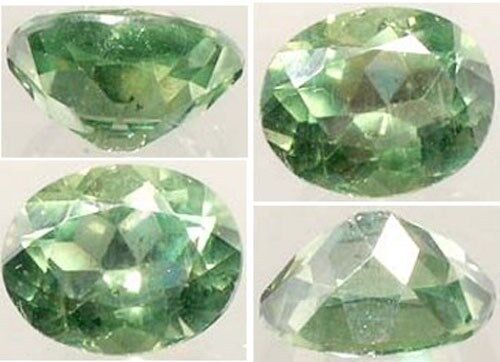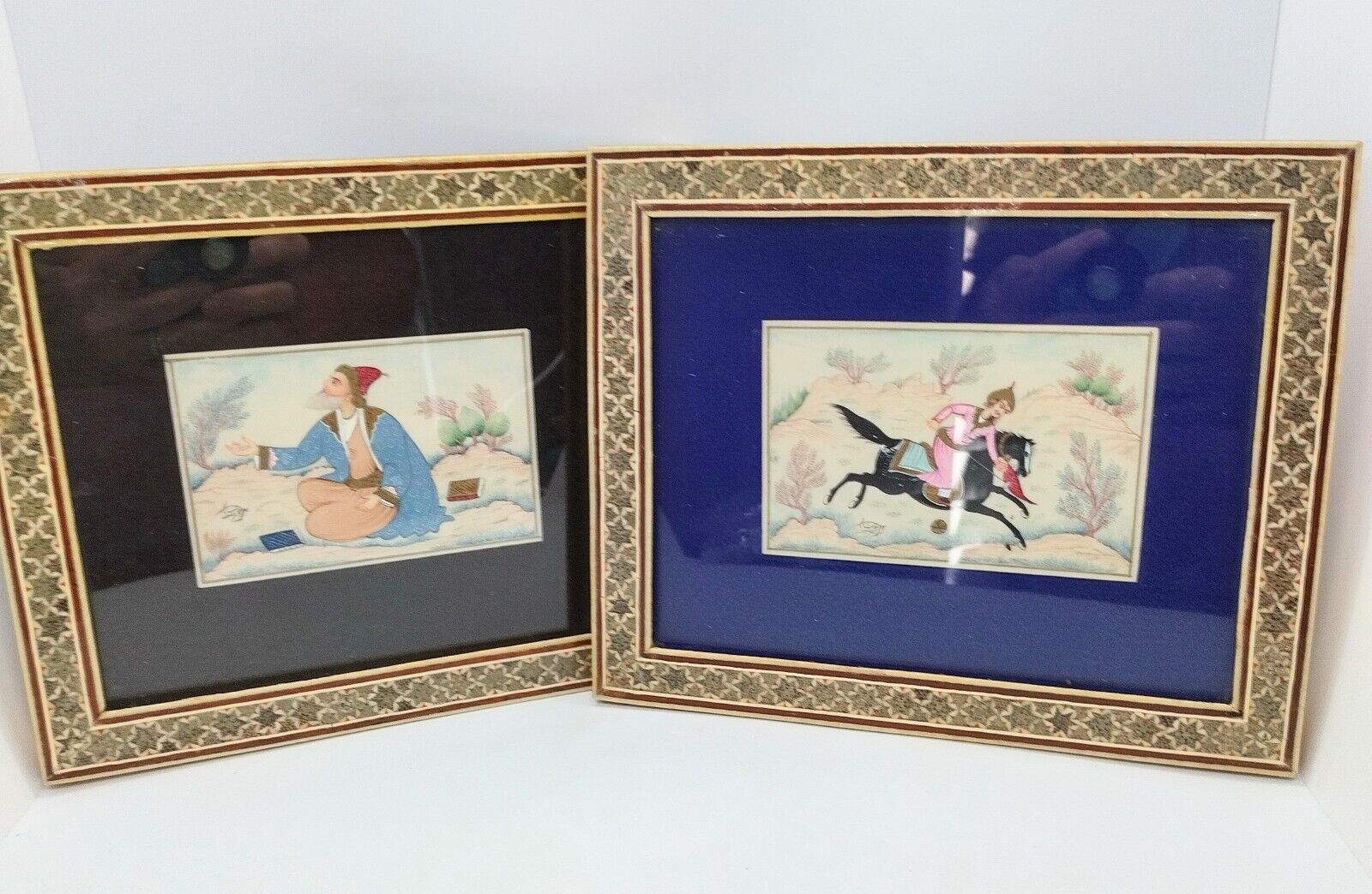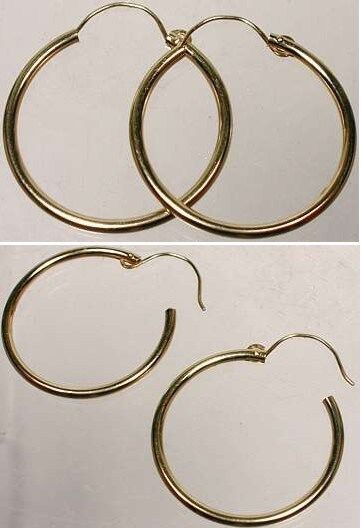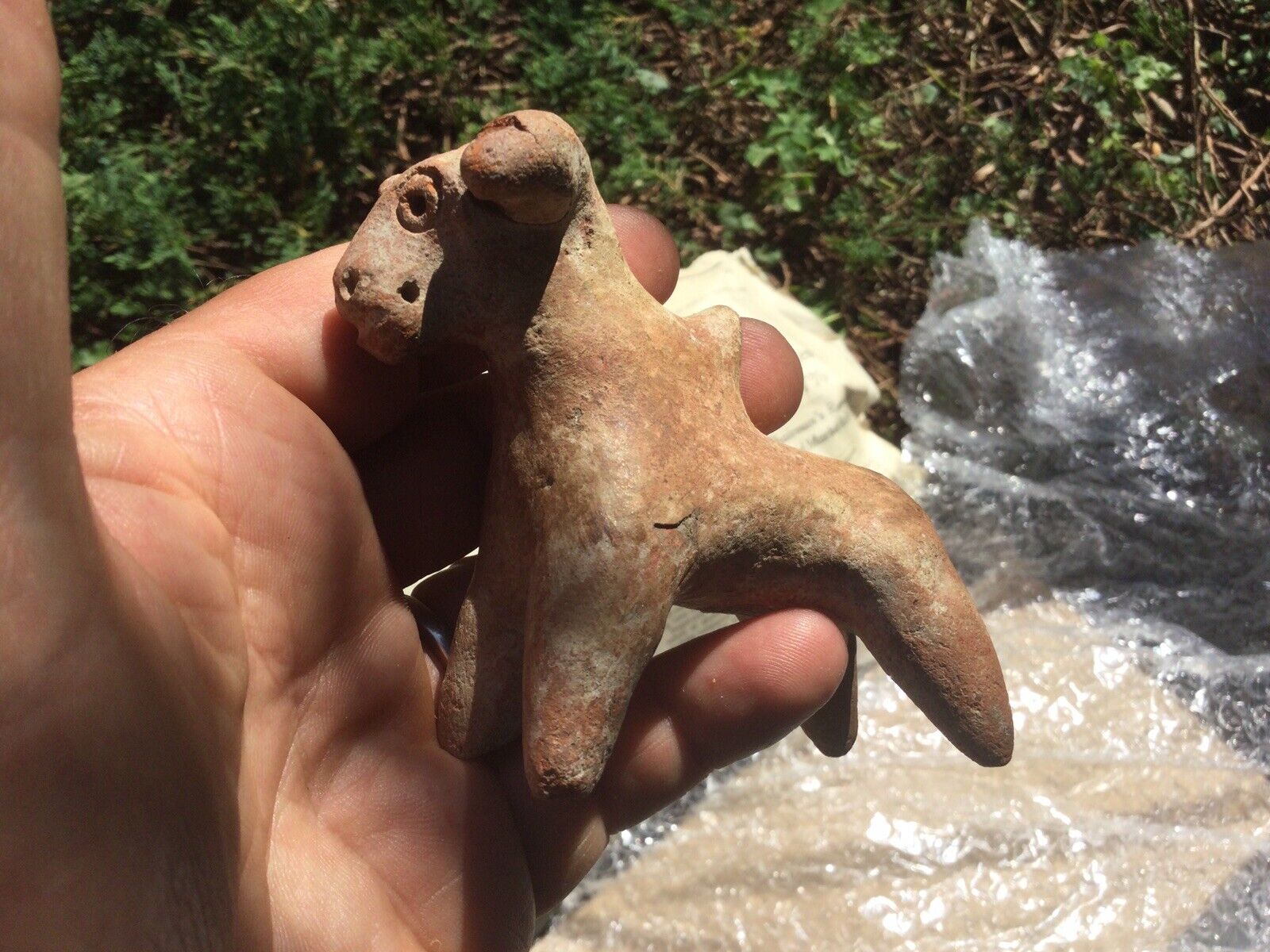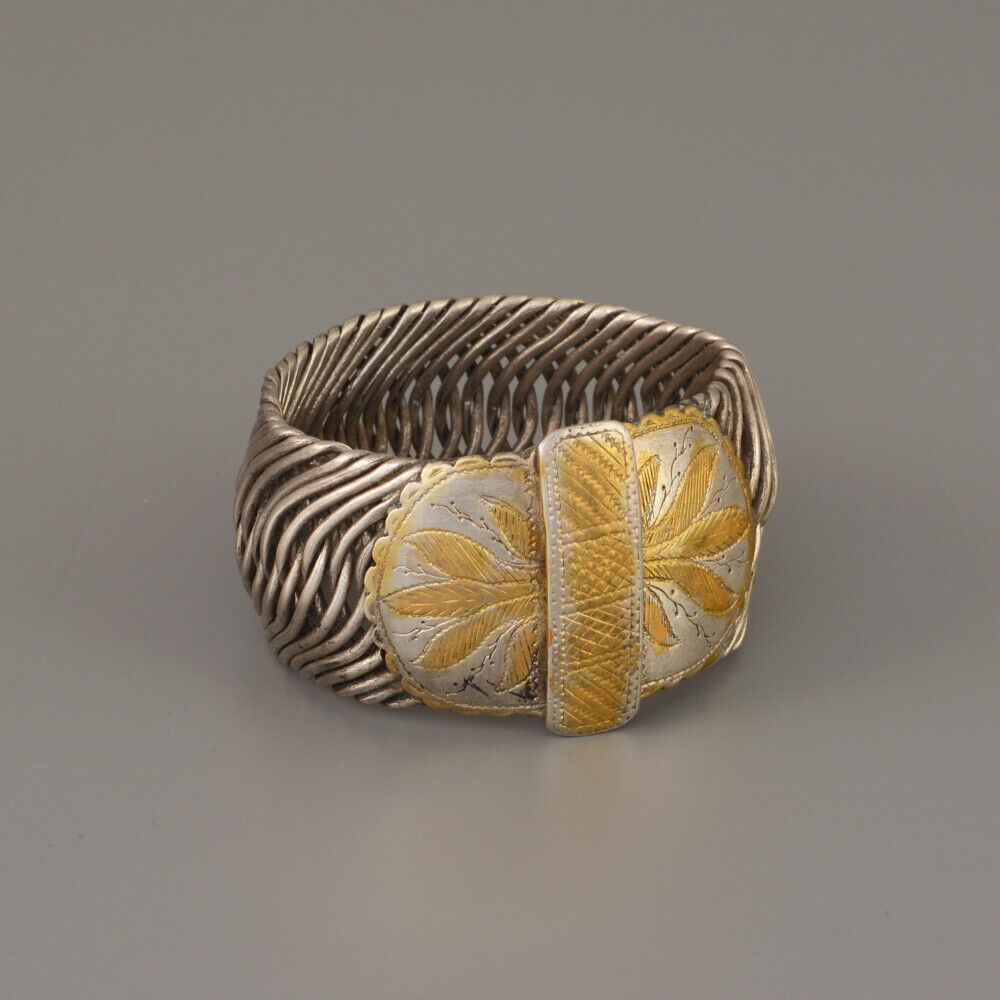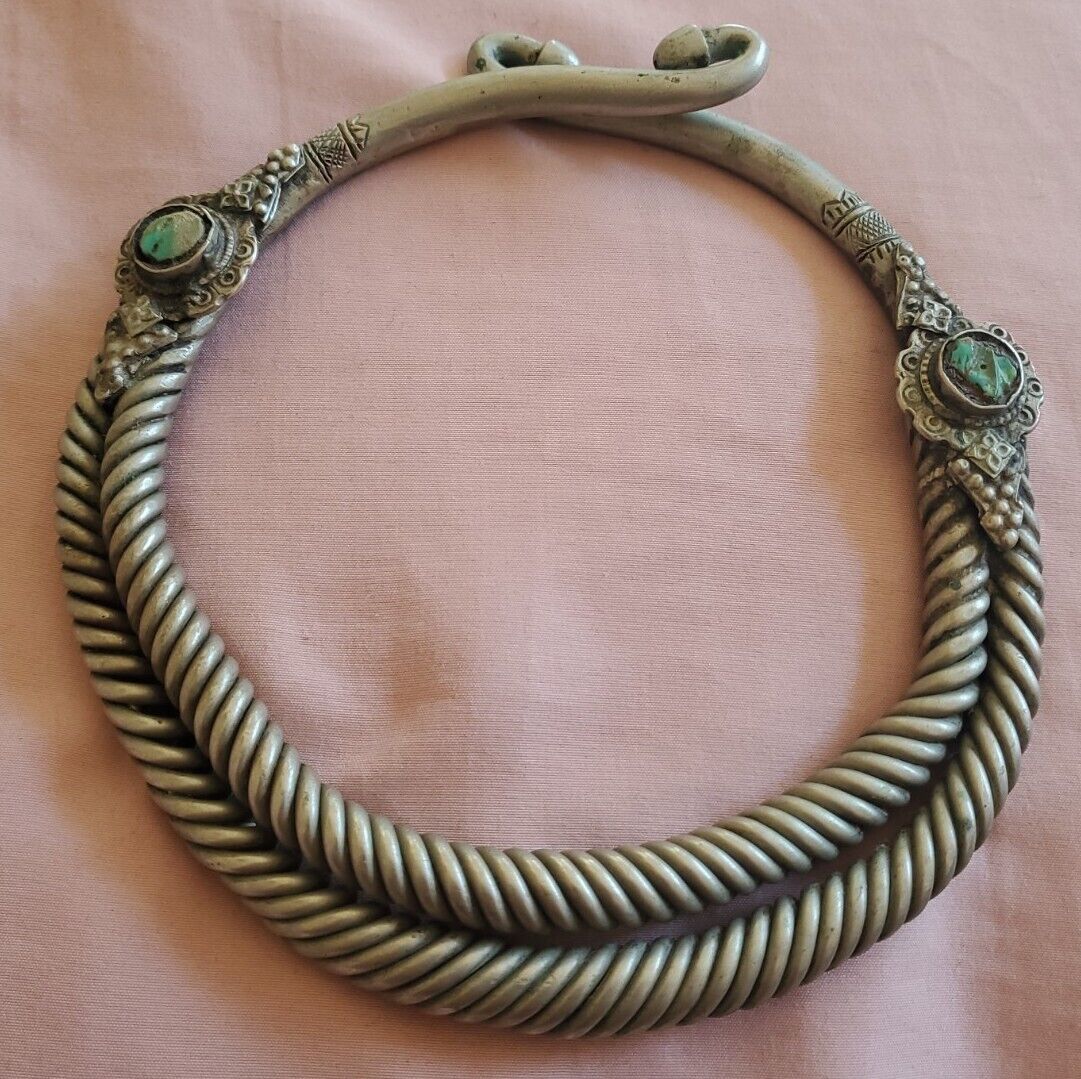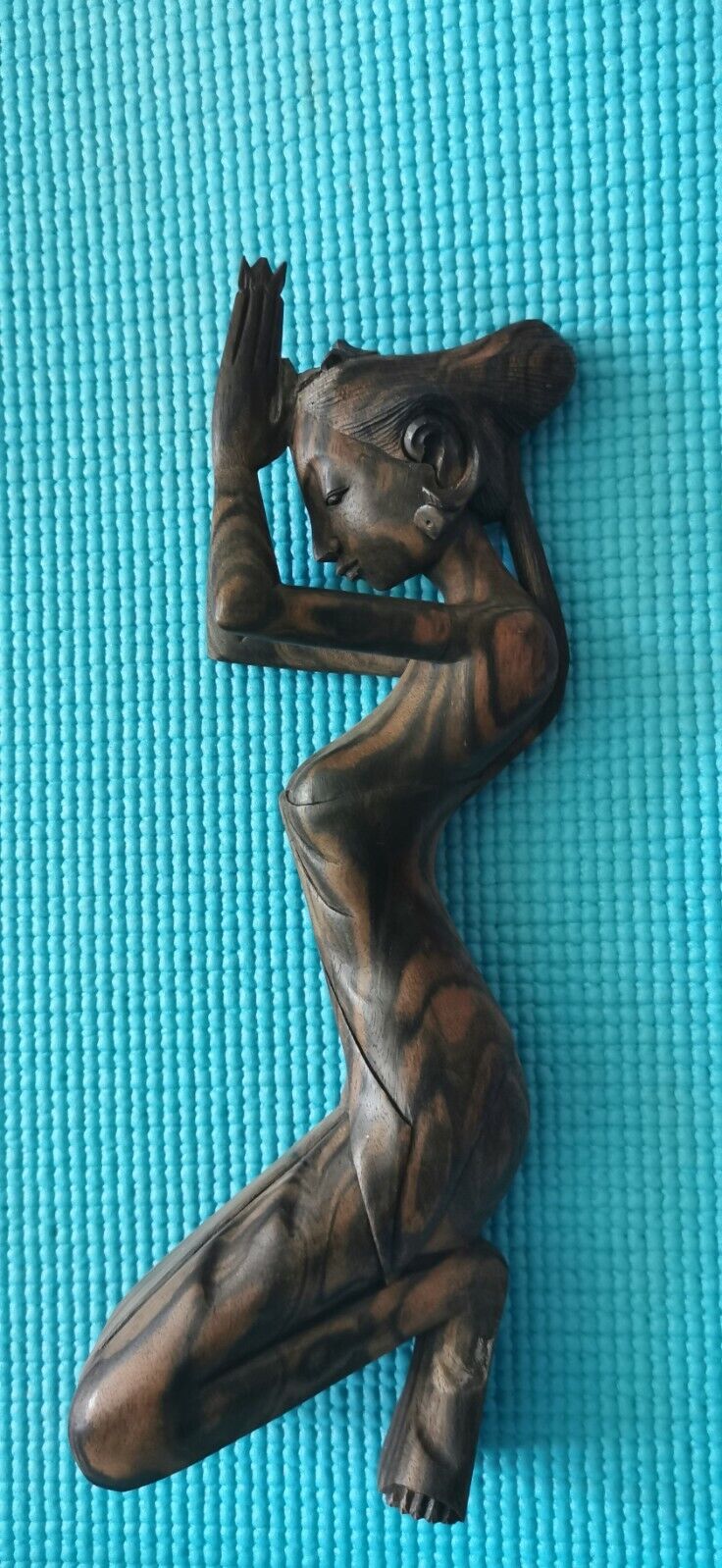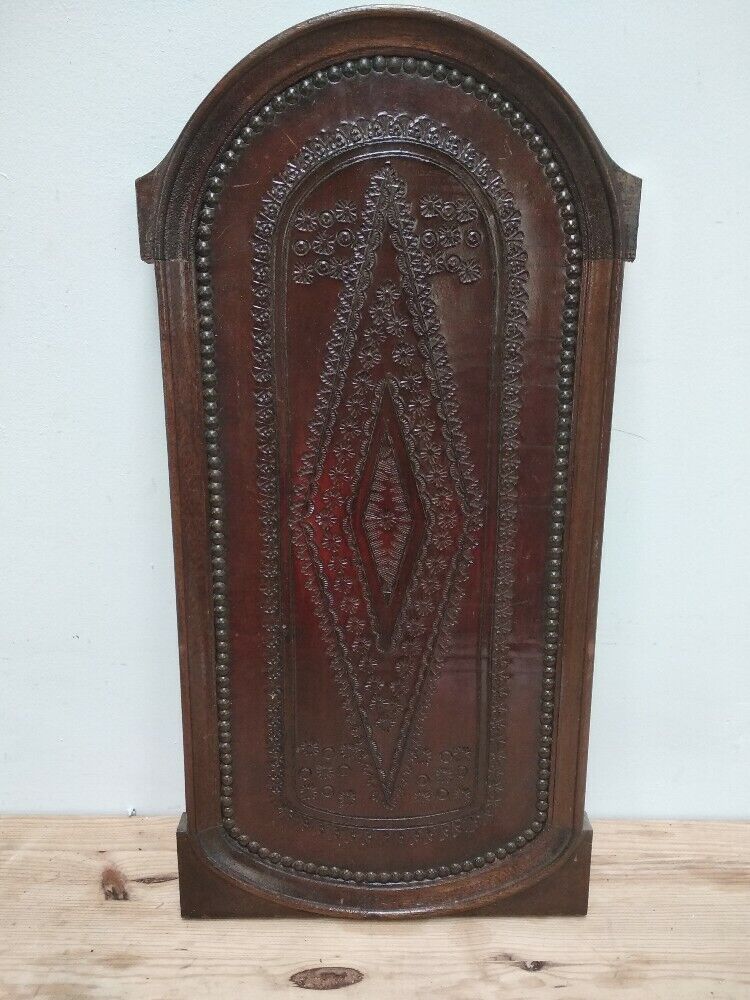-40%
Art African Tête De Queen Of Kingdom Of Ifé 541
$ 1211.48
- Description
- Size Guide
Description
Ref: b-541Height 24 CM
Product Description
Head of queen of the kingdom of Ifé in bronze. Superb piece made with the ancestral technique of lost wax. Origin Nigeria. Weight: 3,140 kilos.
The Oba of Benin is the ruler of the former kingdom of Benin. He has no real power since the annexation of the kingdom by the British in 1897. However, it retains an advisory role within the government. He also keeps a strong influence on the Edo population for whom he has a semi-divine nature. His palace is located in the present-day city of Benin City (Edo State, Nigeria).
The Kingdom of Benin has fascinated Europeans with the exceptional quality of its court art, since the first commercial and artistic exchanges in the 15th century.
The artists of the court expressed themselves on precious supports, bronze, various copper alloys, ivory, and more rarely iron and wood. Master of the technique of lost wax casting from the 13th century, they produced works
exceptional quality naturalists. It was with the dissolution of the kingdom which followed the capture of Bénincity in 1897, that approximately two thousand four hundred objects were brought back to Europe by the British troops. The presence of this important group on the art market
Europe aroused the admiration of specialists and a keen interest on the part of museums and private collectors impressed by the beauty of these pieces and their importance for the history of West African culture. The
dispersal of these works during the various auctions favored the rediscovery of the royal art of Benin and allowed the constitution of important collections in European museums.
Piece delivered with an invoice and a certificate of authenticity.
african-mask-art
African art african tribal art arte africana afrikanische kunst
The Oba of Benin is the ruler of the former kingdom of Benin. He has no real power since the annexation of the kingdom by the British in 1897. However, it retains an advisory role within the government. He also keeps a strong influence on the Edo population for whom he has a semi-divine nature. His palace is located in the present-day city of Benin City (Edo State, Nigeria). The artists of the court expressed themselves on precious supports, bronze, various copper alloys, ivory, and more rarely iron and wood. Master of the technique of lost wax casting from the 13th century, they produced works exceptional quality naturalists. It was with the dissolution of the kingdom which followed the capture of Bénincity in 1897, that approximately two thousand four hundred objects were brought back
